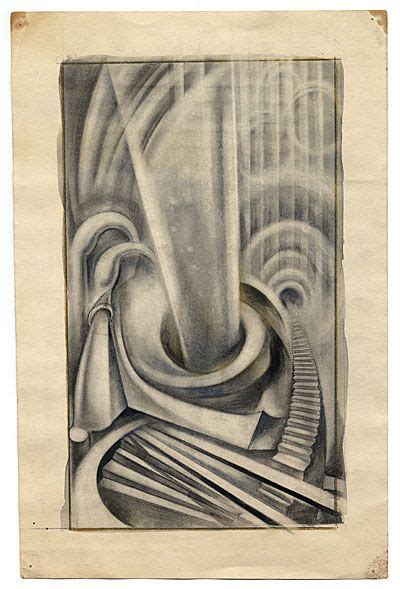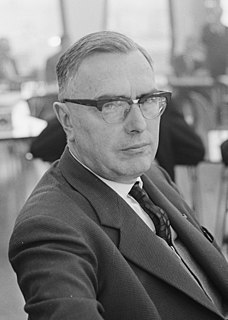A Quote by John F. Carlson
Art is a thing so much of the imagination, of the soul, that it is difficult to descend to the fundamentals of technique and yet make it plain to the student that these are but the 'means' and not an end in themselves.
Related Quotes
You think the end justifies the means, however vile. I tell you: the end is the means by which you achieve it. Today's step is tomorrow's life. Great ends cannot be attained by base means. You've proved that in all your social upheavals. The meanness and inhumanity of the means make you mean and inhuman and make the end unattainable.
Art makes people do a double take and then, if they're looking at the picture, maybe they'll read the text under it that says, "Come to Union Square, For Anti-War Meeting Friday." I've been operating that way ever since - that art is a means to an end rather than simply an end in itself. In art school we're always taught that art is an end in itself - art for art's sake, expressing yourself, and that that's enough.
Much like teaching art to young art students age 10 to 15 or so on, you have to break it down into bite-sized pieces, essential components. You have to - you know, at this point I'm so used to operating within given assumptions about art. But when you're explaining art to art students or people who are new to this experience, you have to really go back to the fundamentals.
To begin with, I hold that there is never an end; everything of which our life is composed, pictures and books as much as anything else, is a means only, in the sense that the work of art exists in the body of the movement of life. It may be a strong factor of progress and direction, but we cannot say that it is the end or reason of things, for it is so much implicated with them ; and when we are speaking of art we suddenly find that we are talking of life all the time.
ART Art is that thing having to do only with itself—the product of a successful attempt to make a work of art. Unfortunately, there are no expamples of art, nor good reasons to think that it will ever exist. (Everything that has been made has been made with a purpose, teverything with an end exists outside of that thing, i.e., "I want to sell this", or "I want this to make me famous and loved", or "I want this to make me whole", or worse, "I want this to make others whole.") And yet we continue to write, paint, sculpt and compose. Is this foolish of us?
Words in prose ought to express the intended meaning; if they attract attention to themselves, it is a fault; in the very best styles you read page after page without noticing the medium. Works of imagination should be written in very plain language; the more purely imaginative they are, the more necessary it is to be plain.
I kind of roll my eyes when people say they make music for themselves or they make art just for themselves, because, maybe in their head, what that means is that they're making it for someone who they don't think is real. Their audience isn't real. But it's still a communicative act. It's still an outward manifestation of longing.

































